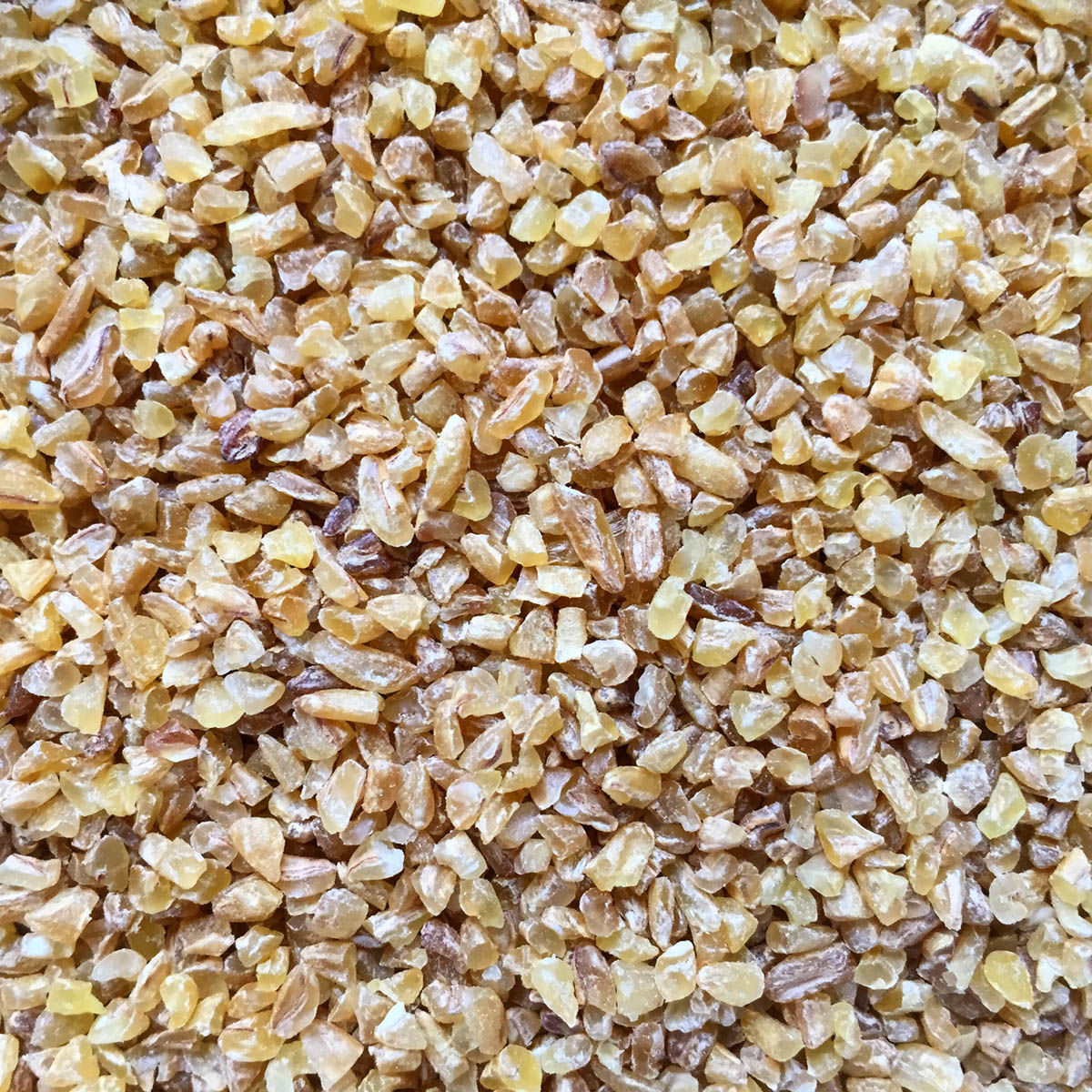
A gluten allergy is a medical condition in which gluten has an adverse effect. Gluten, the protein found in wheat, rye, and barley, is found in the most grain-based products people eat, such as cereals, breads, and pasta. Symptoms of the allergy are generally uncomfortable but they vary from mild to severe ones. Symptoms usually range from simple inflammation of the mucosa of the small intestine to serious health condition known as coeliac disease. Coeliac disease is a type of gluten intolerance that triggers the reactions of body’s immune system.
Symptoms of gluten allergy in adults
According to some previously done scientific studies, it was estimated that approximately 1 in 111 adults, or 0.9%, has a gluten allergy. However, this condition is asymptomatic for most of the patients. Sometimes, the patients are not aware that their mild gastrointestinal problems are due to the gluten allergy. Another investigation conducted on people with common gastrointestinal complaints revealed that and 1 in 30 adults, or 3.3%, have a gluten allergy. Symptoms of gluten allergy may be similar to the symptoms of wheat allergy or coeliac disease. However, these are not the same conditions. Individual symptoms can vary immensely. Some of the patients may complain of all of the characteristic symptoms while the others may experience just one or two of them. The symptoms are not sufficient to diagnose a person with gluten allergy, as they may also point out to some other completely different health condition.
The most common symptoms of gluten allergy include upper respiratory tract problems, extreme and chronic fatigue, mouth ulcers, anemia, weight loss, diarrhea, constipation, bloating in the abdominal region, depression, skin problems, headaches, asthma, and irritability.
Gluten allergy may severely interfere with process of nutrient absorption in the intestine and cause deficiency of important nutrients. Health conditions such as iron-deficiency anemia and osteoporosis may result from this kind of malabsorption.
Living with the gluten allergy
There is no known cure for gluten allergy but patients may successfully manage their condition with carefully planned diet and medications. However, medications can only ease the unpleasant symptoms. Patients with gluten allergy should carefully read the labels of every food or product before purchasing. Gluten is not found only in wheat, rye, oats, and barley but also in many other consumer goods. Patients on a gluten free diet should substitute dietary fiber trough other food sources like fresh fruits and vegetables. It may be useful to seek help from a registered dietitian when patient decide to start with a gluten-free diet.

















Your thoughts on this
Loading...